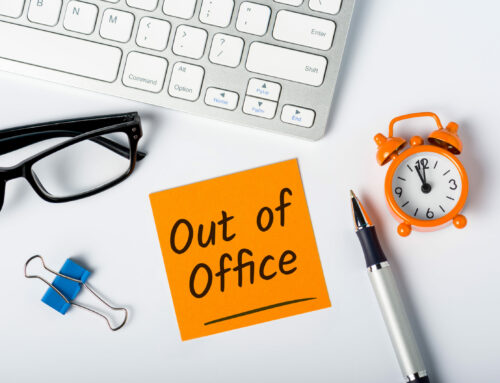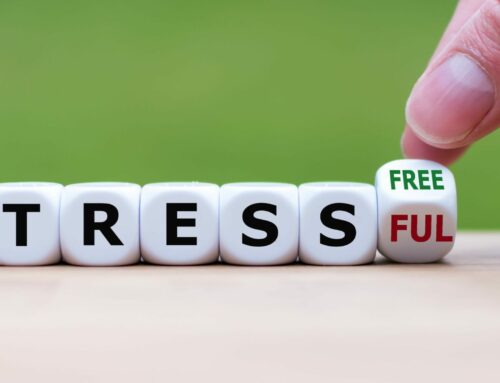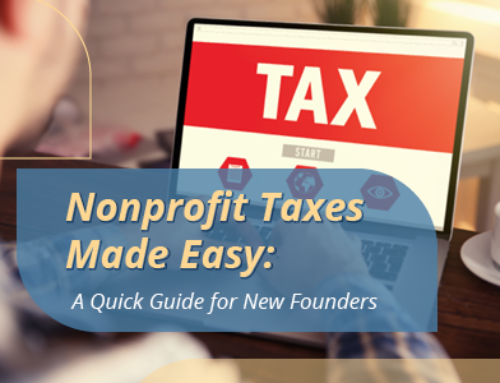
The Inbox is never empty.
There’s ALWAYS more to do than you can get done.
These are facts of life in our fast-paced world.
And even though there doesn’t seem to be a way to change it, what we CAN change is how we manage it.
Lately, I’ve noticed lots of people suffering with bulging Inboxes and ridiculously long lists of stuff to do. What I also notice is that they’re very slow to make decisions.
One of my coaches says “Indecision is a form of self abuse.”
I think she might be right.
When you can’t decide, you put the decision off and leave yourself in a state of limbo, not committing to one thing or another.
For example, an email shows up in your inbox announcing an upcoming webinar. It looks sort of interesting, but you’re not sure you want to carve out the time to attend, not to mention the $47 to pay for it. So you leave it, thinking you’ll decide later.
You have now created unfinished business and it may leave you feeling a little haunted. When you add up all the hanging decisions waiting for you plus projects that never quite get completed, it’s no wonder that you feel like a hamster on a wheel, working and working but not feeling like you accomplished anything.
What you need is to learn to make fast decisions for your nonprofit.
Why You Need to Make Fast Decisions For Your Nonprofit
There’s a fair amount of stuff in your life that needs some thought put into it. There’s another large amount that could (and should) be quickly decided so you can move on.
You may have problems making fast decisions if you’re a
- Procrastinator. You put off making a decision because you’re afraid you might choose wrong.
- Perfectionist. You need everything to be JUST RIGHT and if you aren’t sure, you decide you’ll wait until you can be sure.
- Over-analyzer. You don’t think you have enough information to make the right decision, so you’ll wait until you have time to do a bit more research.
- Crowd Follower. You like to see what everyone else is doing before you decide what you want to do.
Any of this sound familiar? Thought so.
So, how does this show up for you?
Maybe you have 100 unanswered emails in your inbox, because you’re so busy during the day you decide you’ll wait til tomorrow to get to them, except tomorrow never comes. Meanwhile, requests for you to speak at the Rotary Club and announcements about grant opportunities are slipping through your fingers.
Maybe you have the chance to be the recipient of the proceeds from a charity event being hosted by a local civic club, but you’re not sure it’ll be worth much, so you decide to wait until you can figure out the right thing to do. You’re tired of doing nickel and dime fundraising, but you don’t yet have criteria to decide when to say “yes” and when to say “no.” So the decision doesn’t get made and it’s one more thing hanging over your head.
How Do You Make Fast Decisions?

For me, I leave my quality thinking time to decisions that have a big impact on my world. These are typically strategic in nature, require a large investment of money or time, or have the potential to either move me forward quickly or harm me in a big way.
Decisions about whether to attend a meeting or participate in a webinar or read an article are easy. I’ll make those quickly.
Scheduling an appointment for a client or prospect is another easy one. There’s no benefit to overthinking any of these.
Techniques for Making Fast Decisions
If this is new to you, you may benefit from a specific method. Here are a few you can try to make fast decisions:
1. The 2-minute rule. If you can make a decision in 2 minutes or less, just do it, be finished with it, and move on. Most of the stuff in your inbox can be handled quickly, as can a good bit of paperwork that flows your way. Don’t let it linger – it’ll eat up your energy. There’s nothing magic about 2 minutes – it could easily be 4 or 5. The point is to give yourself a deadline to get things decided so you can move on. This one is great for Perfectionists.
2. Draw from a hat. If all choices seem equal, write each one down on a piece of paper and throw them in a hat. Then draw one out and go with it. It’ll help you get moving quicker. For example, if you’re trying to choose a caterer for your next event, and you have 3 candidates that all have great references and similar prices, try throwing their names in a hat so you can just pick one. This one is great for Over-Analyzers.
3. Pair work with fun. Give yourself a reward for actually making a decision or a bunch of decisions. Sometimes when we know that there’s fun right around the corner, we can get stuff done. Don’t believe me? How much did you get done the day before you went on your last vacation? I practice this one myself. Sometimes, I work on cleaning out my Inbox for the day and as soon as I’m done, I cruise Facebook for 10 minutes. This one is great for Procrastinators.
4. Best Self. Sometimes we get really scared about making decisions because we’re afraid we’ll choose wrong. The next time that happens, tune in to your Best Self and decide from there. Your Best Self is the smartest, wisest version of you. It’s the one that always knows what’s right for you and never steers you wrong. Everyone has a Best Self although few people give it a chance to surface regularly. Next time you can’t decide, let your Best Self make the decision. It might be easiest to ask yourself “What would my Best Self say?” This one is great for Perfectionists and Crowd Followers.
“But what if I don’t have enough information?”
Well, here’s the thing: you probably won’t. Ever.
You need to be able to trust yourself to make a decision with the information you have. Gathering more info is a stalling technique for folks who are afraid of choosing the wrong option. You can put things off for months or years if you use this excuse, and to what end? Does it help you fulfill your organization’s mission if you stall or get stuck, unable to decide?
Benefits of Making Fast Decisions

You’ll save your bandwidth for things that matter, like loving on your donors and writing grant proposals.
Tips for making Fast Decisions
1. Trust your gut. Your intuition is usually right. Listen to it.
2. Eliminate options. Sometimes you have too many choices and it’s overwhelming. Know this: a confused mind shuts down. If you have 4 options, try to eliminate the ones that clearly aren’t a good fit. For example, if you’re trying to decide on a donor-tracking software and there’s one that’s waaaaaay out of your budget, drop it out of the running. If there’s another one that doesn’t have very good reviews, drop that one, too. Eliminating options will help you laser in on the right choice.
3. Think of time as money. If you had to pay yourself your hourly rate for the time that it takes you to make the decision, would your organization get its money’s worth?
4.Practice makes it easier. The more you make fast decisions, the easier it gets and the better you’ll get at it.
Try one of these techniques and see what happens when you start making fast decisions. You may feel nervous at first, but don’t worry. Anytime you try something new, it can be uncomfortable. Just go with it and see what happens.






Leave A Comment